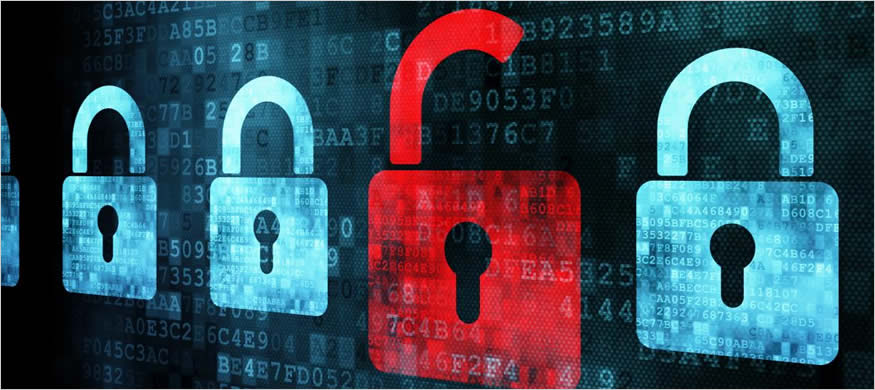Dec 2017
Why it is important to learn about protecting yourself online?

The word “online” comes with the birth of the computers. It is defined as being linked to a computer network or other devices. The term describes someone who is currently connected to the Internet. Today, almost everything is done online through the internet: business, news, banking, commercial, education, legal, invention, medical, military the list goes on and on.
Online risks
As a highly interactive tool, the internet can allow easy communication between people simply because the Internet is so accessible to everyone, it can be a dangerous enterprise. Be knowledgeable with whom you are dealing with or what you are entering into. There will be bashers, bullies, corrupt businesses, cyber criminals, scammers and all kinds of criminal minds that will try to take advantage of the unwary visitors.
Examples of internet risks
Identity thieves utilize the data they discovered online to drain your bank account or ruin your credit rating.
Phishing is tricky website gimmick used on websites used for hacking accounts or are pretending to be legitimate. Two of the most common targets used for phishing scams are PayPal and eBay.
Facebook and other popular social networking sites are the usual targets for scams.
Why is it important to stay safe online?
Most people are ‘connected’ via their laptops, mobile phones, tablets or personal computer. The internet is a valuable and fun resource for entertainment, keeping in touch, learning and making friends. But internet users could be in danger of many illegal activities or abuses like bullying, fraud or more serious complaints. Unlike seeing someone eye-ball-to- eyeball on the net, cyber bullying is exactly like bullying in school or playground; the victim feels terrified and isolated while the bully concealed himself and avoid being caught. Internet harassment is just as frightening as stalking.
Tips on online safety
" Avoid sending your photos to anyone, especially bold pictures.
" Check frequently your URLs.
" Do not click pop-up windows.
" Do not make online 'friends' with strangers.
" Equip your computer with a piece of anti-virus software or web application firewall - You can get Cheap Antivirus from www.intersecure.co.uk
" Keep your personal information confidential: Banking information, email address, phone number, postal address and photos of yourself.
" Leave unopened attachments or emails coming from unknown senders.
" Never arrange to meet someone in person who you've met online.
" Tell someone when you see or read online something that worries you.
" Use complex passwords or even change your password from time to time.
